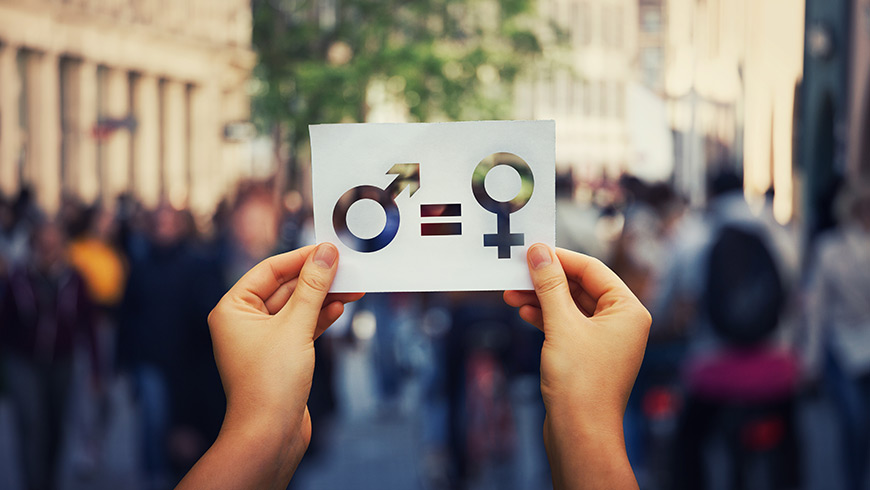Shocking figures reported in the GSNI show some 25% of people surveyed believe it is still justifiable for a man to beat his wife.
Some 90% of the world still hold biases against women, the United Nations said in its latest Gender Social Norms Index (GSNI) report highlighting a lack of progress in the fight against gender discrimination over the past decade.
The GSNI provides an overview of social beliefs towards gender equality from several aspects, including political, economic, and physical, and collects data from 91 countries.
“The report argues that these biases drive hurdles faced by women, manifested in a dismantling of women’s rights in many parts of the world with movements against gender equality gaining traction and, in some countries, a surge of human rights violations,” the UN said in a press release.
According to the latest index, almost nine out of 10 men and women globally still have biases against the latter. Despite global movements for women empowerment, large percentages describe men as more capable of holding senior positions in the workforce.
Breaking down the figures, the report said half of the world sees men as more capable of being political leaders than women, and more than 40% perceive men as better business executives than women.
Dissecting the number of women as heads of states or governments, the report found that the total figure has been stuck at around 10% since 1995.
The United Nations Development Programme (UNDP) stressed that the lack of progress is standing in the way of overall human development.
“Social norms that impair women’s rights are also detrimental to society more broadly, dampening the expansion of human development. In fact, lack of progress on gender social norms is unfolding against a human development crisis,” Pedro Conceicao, head of UNDP’s Human Development Report Office, said.
Shockingly, figures reported in GSNI showed some 25% of people surveyed believe it is still justifiable for a man to beat his wife.
Meanwhile, the average gender income gap has remained 39% in favour of men despite the increased progress in women’s education and economic empowerment.
“Women are more skilled and educated than ever before, yet even in the 59 countries where women are now more educated than men, the average gender income gap remains a staggering 39 percent in favour of men,” the report explained.
Offering hope for change in global biases against women, the GSNI saw an increase in people without any bias in 27 countries.
The report urged the implementation of laws and policies that promote gender equality, including in political participation, as well as systems to challenge “harmful social norms, patriarchal attitudes, and gender stereotypes.”
Listing possible measures, the UNDP said combating online hate speech and gender disinformation can play a role in shifting the alarming number of biases against women.
It also used parental leave policies as another example and pointed to labour market reforms, which it said “led to a change in beliefs around the employment of women.”
“An important place to start is recognising the economic value of unpaid care work. This can be a very effective way of challenging gender norms around how care work is viewed. In countries with the highest levels of gender biases against women, it is estimated that women spend over six times as much time as men on unpaid care work,” Raquel Lagunas, Director of UNDP’s Gender Team, said.







